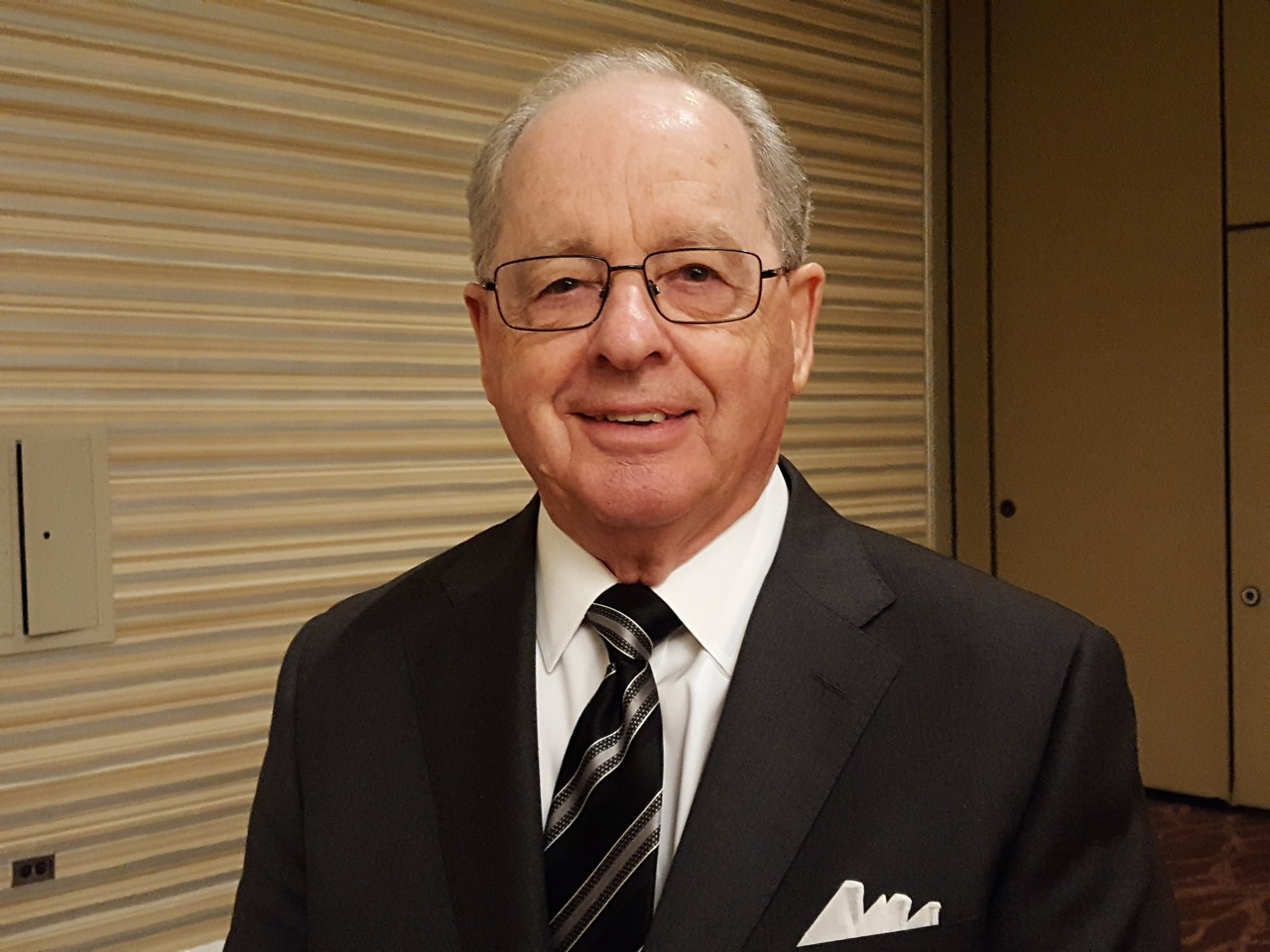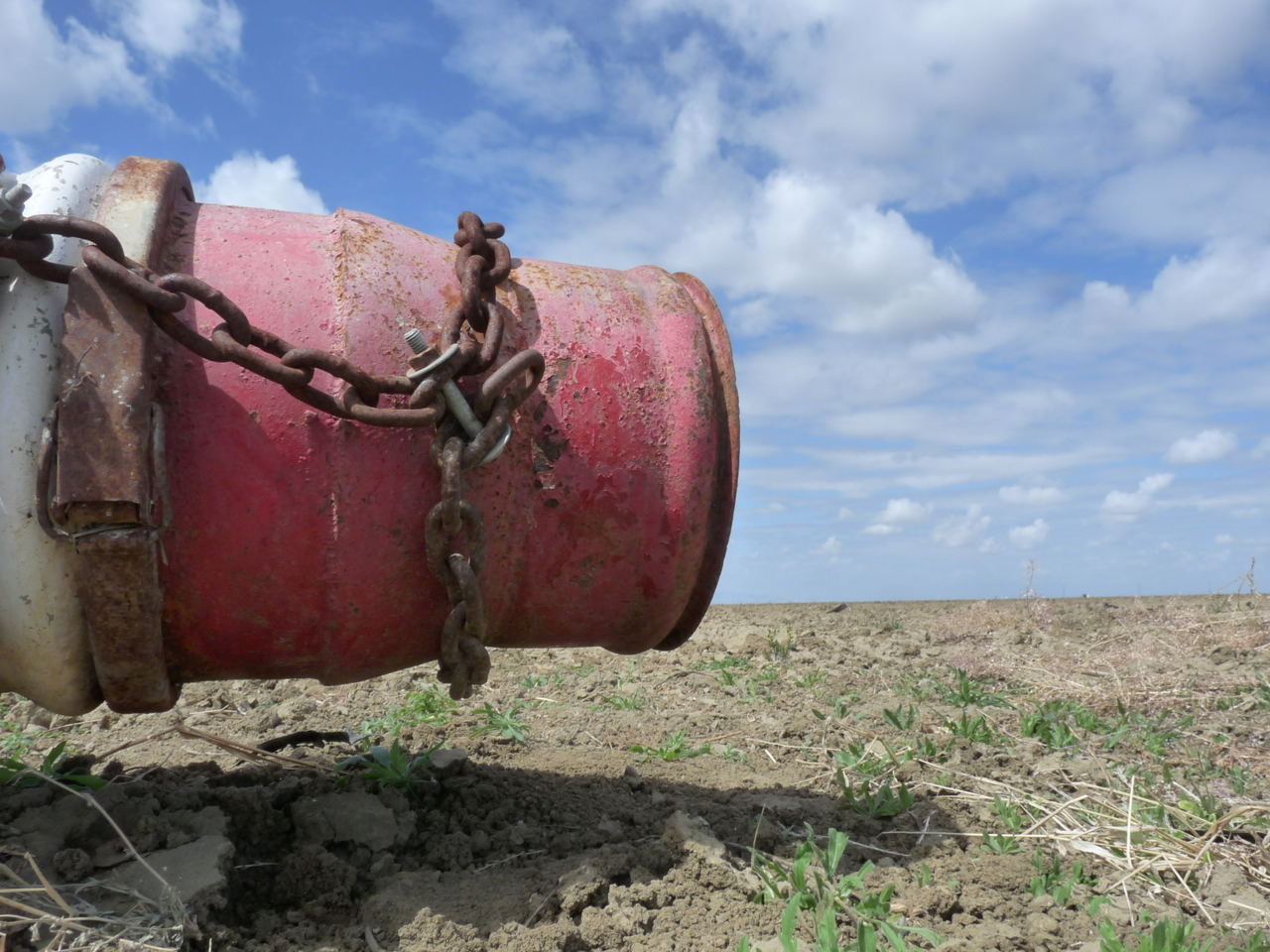Attorney Suggests That Meters Go on Pumps Now for SGMA
Meters Could Help From a Legal Standpoint
By Mikenzi Meyers, Associate Editor
There are different options available to make the implementation of the Sustainable Groundwater Management Act (SGMA) a bit easier on farmers. Lauren Layne of Baker, Manock & Jensen is helping her clients in the Central Valley carry out the SGMA Act in the most beneficial way possible.
“We want to see the Central Valley thrive. So we represent irrigation and water districts who are the local agencies that are forming these groundwater sustainability agencies, and I serve as a council to a number of those groundwater sustainability agencies as well,” explained Layne.
According to Layne, a lot of farmers are considering fallowing certain land to put in recharge projects that will allow them to regulate irrigation, while simultaneously being beneficial to the groundwater basin as a whole.
Layne also highly encourages growers to install meters or transducers to monitor how much water is being used, and what the groundwater table looks like.
“Data is very, very, important from a legal standpoint. It’s important to have the information as a backup for any argument we’re going to make,” she said.
If the cost of installing a meter is an issue, Layne is working on an incentive program that will grant funding to farmers and incentivize them to put meters on.











